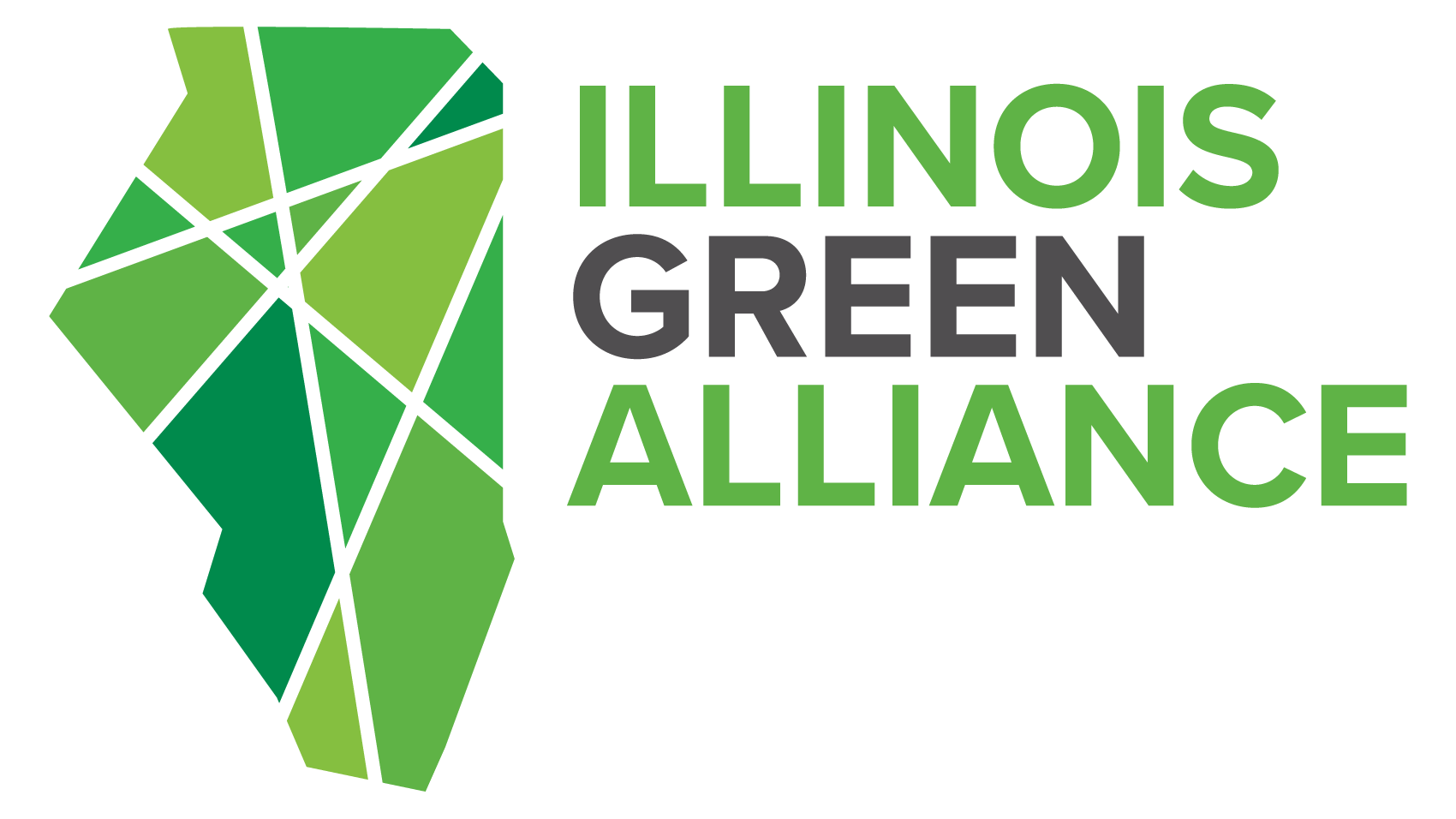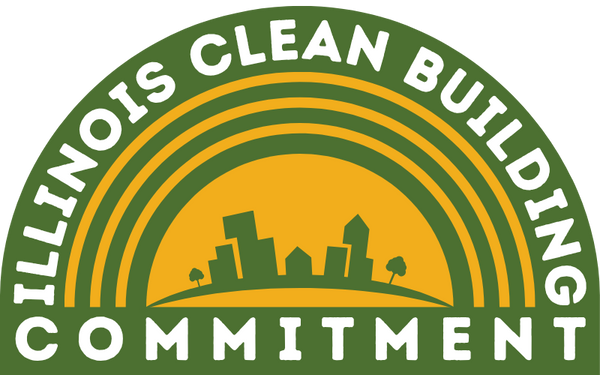
Policy Solutions
The Illinois Clean Building Commitment advocates for the local adoption of proven policies to support energy savings and resilience. With solutions ranging from simple process improvements and incentives to comprehensive energy standards, there are feasible and impactful actions that any community can take.
Learn more about these programs and their benefits below!
Want to learn more about the Clean Building Commitment?
Contact our Policy Associate, Ryan Wilmington, today!


